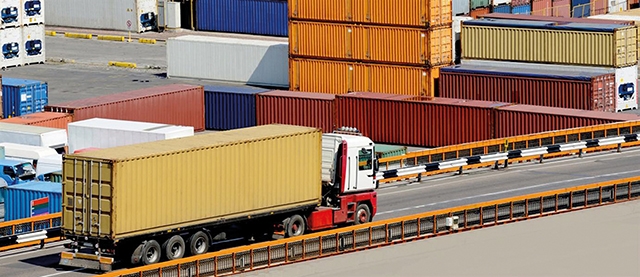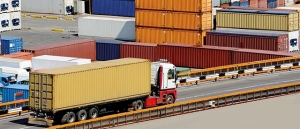Georgia-Gulf Counties Economic Relations – Challenges & Opportunities
Analysis
Along with the expansion of economic and political contacts with the European Union and China, reflected by the signing of free trade agreements, Georgia has been actively promoting its economic and investment interests in the Middle East. Particular importance has been attached to Georgia’s contacts with the countries of the Gulf Cooperation Council (GCC).
The idea of the project will be that Georgia currently needs to expand cooperation with the region. GCC countries could potentially have a large stake in the Georgian economy, as currently, overall trade between Georgia on the one hand, and the GCC countries on the other, is substantially low.
The GCC states, Saudi Arabia, Kuwait, the United Arab Emirates, Qatar, Bahrain and Oman, are among the most oil- and natural gas-dependent economies in the world. The GCC was founded in 1981 to promote economic and security cooperation between its six members. Their primary goal was to counter security threats, despite plenty of ideological and political differences. Still, Qatar and Saudi Arabia visions for the wider Middle East at times clash. This primarily concerns Syria, but their approaches often collide on Iran too.
A brief history of GCC-Georgia relations and the Reasons for the Recent Economic Activity
The GCC countries have strongly supported Georgian sovereignty and territorial integrity. In recent years, various steps have been made to strengthen bilateral relations: Georgian embassies were opened in Qatar and Saudi Arabia, and the decision to establish a diplomatic presence in UAE was also announced.
Before the pandemic, Georgia was attractive for citizens and expats of the GCC countries, who came as tourists, private visitors and entrepreneurs looking for possibilities to invest. This was made possible largely as a result of the liberalization of the visa regime with GCC states. An increase in tourism flow also followed. Some 60,000 tourists visited Georgia from the GCC and in 2017, 106,000 GCC member state residents traveled to Georgia, the majority from Saudi Arabia.
But the most important and effective are the high-level visits by the heads of state and government, which constitute a key opportunity to enhance relations and give impetus to business representatives to make contacts, hold forums and explore investment options. Successive visits of Georgian high officials over the last decade to the GCC countries have underlined Georgia’s desire to enhance cooperation and promote a favorable economic and investment environment.
One of the milestones of extending economic relations between Georgia and the GCC was the Georgian PM’s visit on 16-17 September, 2014. Numerous meetings were held with the Crown Prince of Abu Dhabi Sheikh Mohammed Bin Zayed Al-Nahyan, the Prime Minister of UAE and the Ruler of Dubai Sheikh Mohammed Bin Rashid Al-Maktum, Ruler of Ras al-Khaima Sheikh Saud Bin Saqr Al-Kasimi, as well as with Sheikh Nahyan Bin Mubarak Al-Nahyan, Minister of Culture, Youth and Community Development and Chairman of the "Dhabi Group".
A number of follow-up visits to Georgia by government high-ranking officials from UAE and other GCC members took place. In October 2014, Minister of International Cooperation and Development of the UAE, Sheikha Lubna Khalid al Qasimi, came to Georgia. In May 2015, Sultan bin Saeed Al Mansouri, UAE Minister of Economy, visited Georgia accompanied by a big group of officials and key business representatives from across the Emirates.
There is a large potential for deeper economic cooperation between Georgia and the GCC countries, but trade relations still lag considerably behind what could be achieved. The GCC countries are particularly interested in Georgia's transit role. Road, railway and Black Sea port infrastructure is of primary interest, as the GCC countries hope that further progress will be made by Georgia in the development of its transit potential. As an example, the UAE bought the port of Poti in 2008. The company was the Ras al Khaima investment authority (RAKIA). The port was then sold in 2011, but RAKIA’s actions were a reflection of the GCC countries interests.
Emil Avdaliani (Twitter – @emilavdaliani) is a non-resident fellow at the Georgian think tank, Geocase, and teaches history and international relations at Tbilisi State University and European University.
By Emil Avdaliani
Image source: argaam.com











